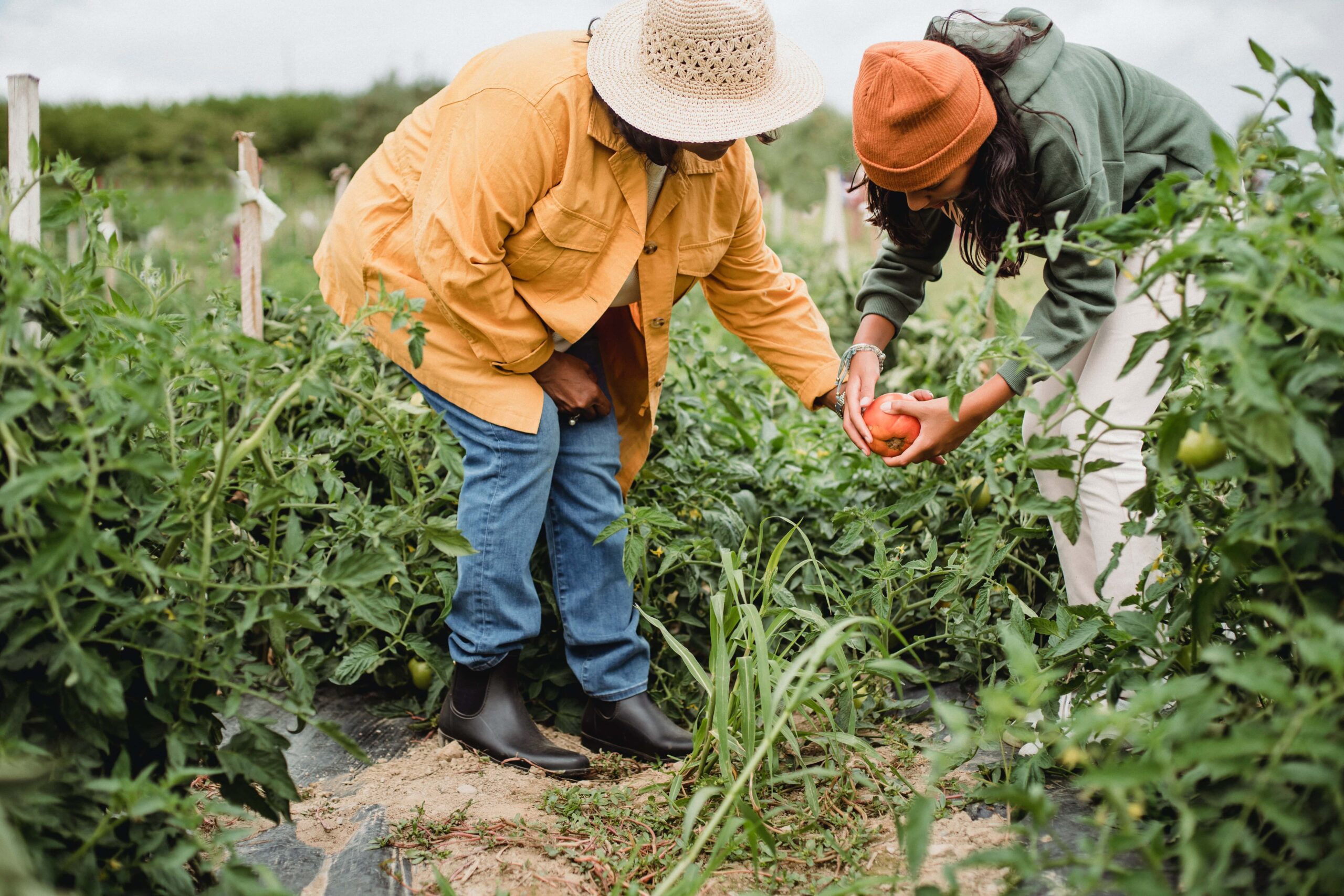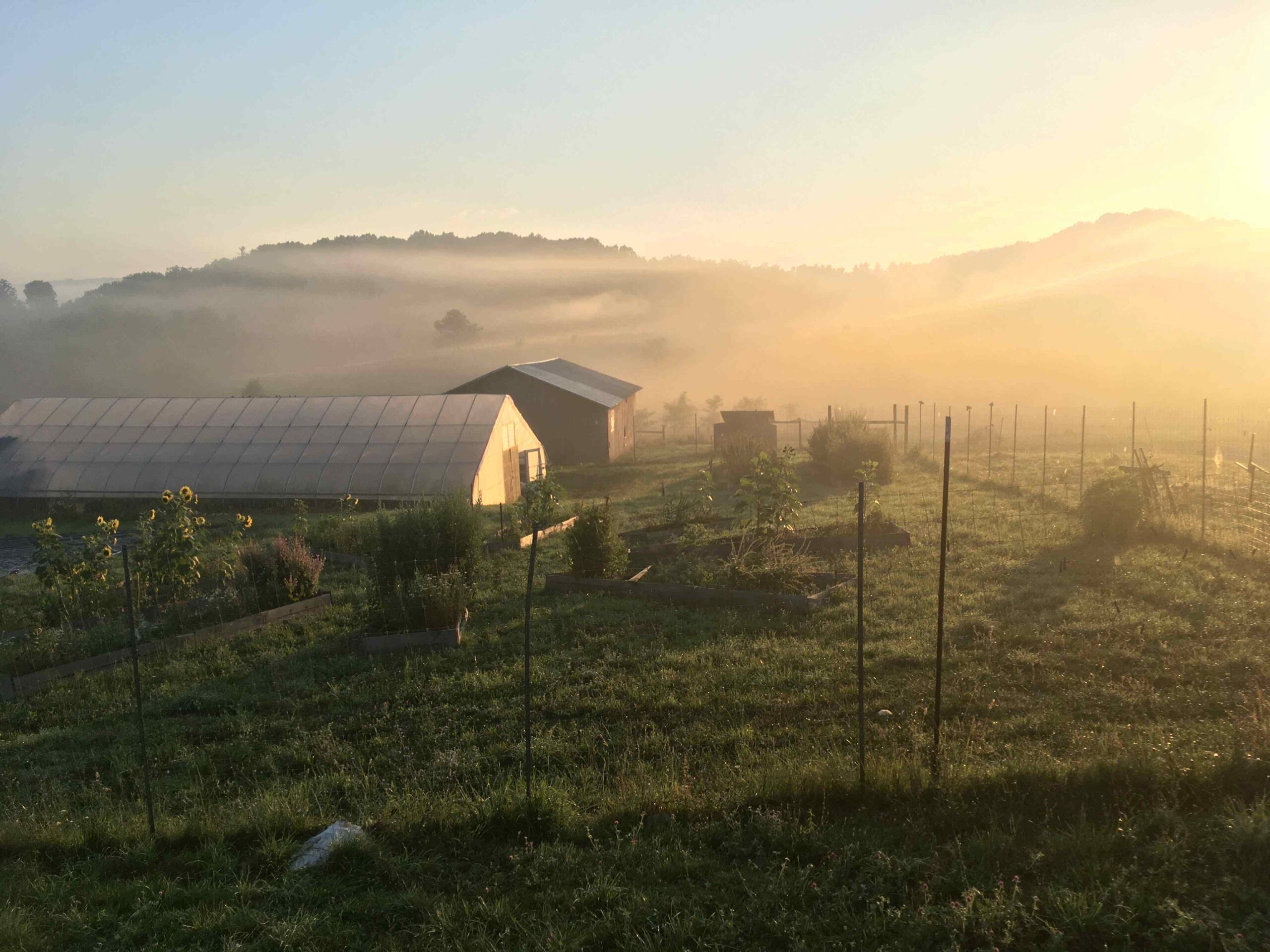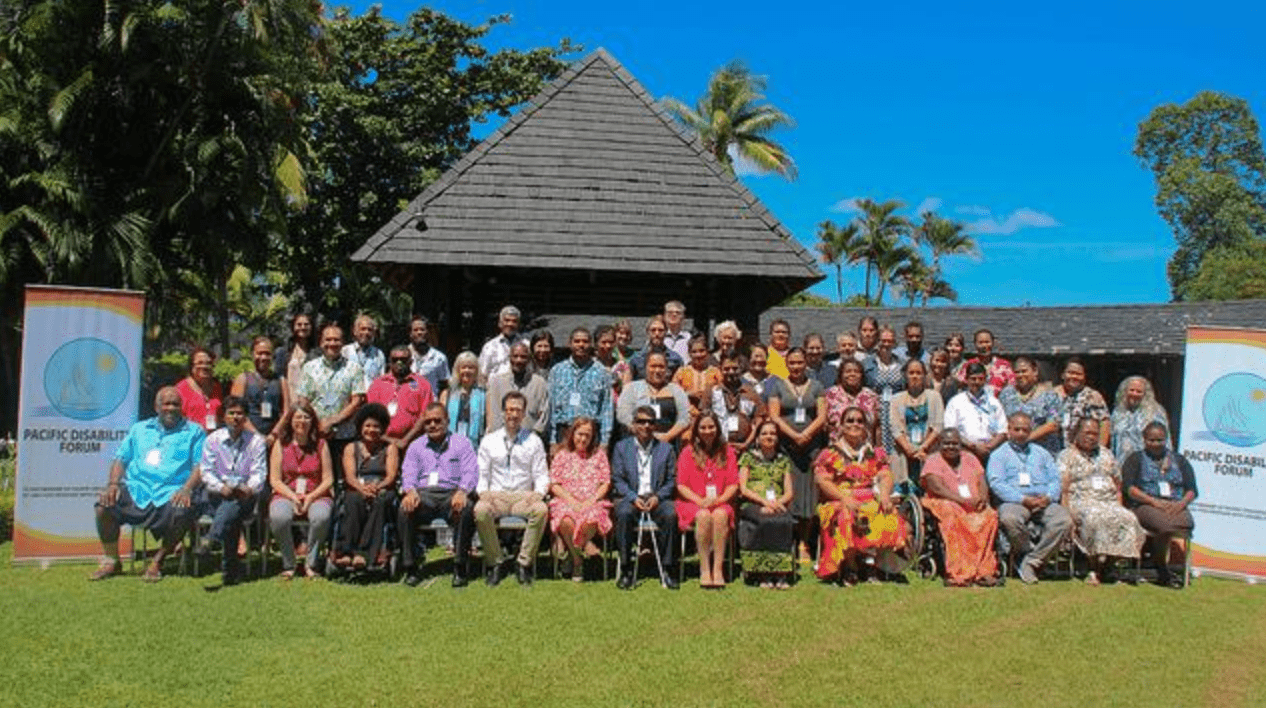
Some thoughts from Faith Gilbert of the Letterbox Farm Collective for land owners and entrepreneurs seeking to partner with a farmer. This was written as a direct response to a particular farmer/landowner partnership idea involving agritourism activities; however the principles contained are broadly applicable.
I want to offer a sincere welcome into the effort to resolve land access issues for farmers. I was moved to respond out of my personal experience as the former resident farmer in someone else’s farm community vision, which included a good amount of frustration and heartbreak on my part. I’d like to offer a constructive list of suggestions for how to align your project with your stated goals of providing a farmer with fair, stable access to farmland. Thank you for taking the time to read and absorb it.
- Provide Equity to Farmers I’m sure we agree that morally speaking, farmers should build equity in the land that they steward, make productive, and augment with countless small and large improvements. In ten years on a piece of land, a skilled farmer will build soil fertility, put up small structures, improve drainage, air flow, etc – none of which are transportable as value and should be rewarded by the landowner who will ultimately benefit. However, moral component aside, let me give some practical examples of why land equity is critical to a farmer’s stability and success:
Essential for Farm Viability: After last year’s historic drought, our farm decided we had to install a new well to head off the risk of running out of water again and suffering major financial losses because of it. We applied for a loan for a well through our farm business, but got denied because a bank cannot use a well as collateral to secure a loan, and all of our more fungible assets are being used to collateralize other loans or don’t register as having value to the bank. Luckily for us, we also own our land, and can pledge the amount of equity we’ve accrued through paying down our mortgage as collateral for the loan. We needed land equity to put in a well to continue running and growing a business that has very little value to a bank.
Avoiding Old-Age Poverty: Each partner in our farm business has 7 straight years of full or partial wage loss from (a) 2 years apprenticing and learning from other farms, low-paid or unpaid, and (b) 5 years building a business in a complex, low-margin, capital-intensive and volatile industry. We are never guaranteed a good season and can take a large financial loss at any time through a myriad of circumstances outside our control. The financial goal for our farm and many farms around us is simply to reach and maintain a normal living wage salary for each long-term member/employee in our business, and we are not guaranteed to reach that goal. All those factors mean that it is all too possible that we, like the farmers before us, will reach old age without a significant retirement savings. As demonstrated above, farm businesses (the “transportable” part engaged in farm production, not land owning) are built on assets that readily depreciate, biodegrade, are not transportable, or hold dubious value to financial institutions. Historically, then, farmers sell their land in order to retire. Without equity in land, where does that safety net come from?
Flesh out a proposition for farmers to own part of the land, make it firm, clear, and solid, and put it front and center in the work that you do. Consider profit-sharing from the whole business, or at minimum allow the farmer to build equity as they work your land.
Engage advisors from groups that have been working on land access issues for decades to help you set up an equity/partnership arrangement that is fair to a farmer (suggestions: Land For Good, Agrarian Trust, Northeast Farm Access, Dirt Capital, American Farmland Trust).
Do not make farmer’s land equity solely contingent on the farmer’s ability to buy in to the property, but correlate it to the otherwise unrewarded sweat equity they will be putting in to the land.
Plan to absorb costs from financial and legal consultants in setting up this framework.
- Promote Realistic Understanding of Agriculture I understand your website is a marketing page designed to spark interest from urban folk who miss their connection with land. As many here have noted, there is a large amount of problematic imagery and language that ultimately promotes an unrealistic idea of what farming is and looks like – and who farmers are as people.
Suggestions: As above, bring in advisors/partners to your project that understand farming as soon as you can. These can be farmers or farm service providers with a history of work in the food system. They should comb through your website and make major copy edits.
We don’t need any more images of idyllic pastures. Farming is dynamic, wild and dirty. Farming has much more than scenic value. It produces real good/real food and doesn’t need the constant pressure to look like an estate garden. Any of your guests who think otherwise would benefit from a realignment in their expectations. Swap out those pictures with pictures of real active farming as soon as you can.
Modern farmers are all genders, ages, come from diverse backgrounds and experiences, and have their own unique relationship with farming. Swap out the farmer graphic (straw hat, flannel, overalls, adult male) with something more interesting.
I believe that there is a real hunger for connection to land. Therefore, you should be able to back off the promises of perfection – and I’m sure farmer, guests, and you yourself will benefit from setting up a more realistic expectations of what it means to be outside in a working landscape.
- Address Class and Culture Differences. Structure Farmer/Guest Interaction on Equal Peer Basis There are important issues of classto pay attention to in this project. As I’m sure you know, choosing to farm often means voluntary poverty. It can be distinctly uncomfortable for a working class person to be surrounded by and/or working for wealth, which is likely to be the case with this project. The economic power difference heightens whatever misunderstandings and misperceptions inevitably take place when people with little knowledge of farming engage with farmers. It’s important to address this head on in all the ways that you can.
Suggestions: Offer multiple farmer housing sites – for both crew and farm managers/operators. This is important for multiple reasons (living on site is a huge QOL factor, for livestock farmers especially) but I include it here because people rarely enjoy being the “only one in their category” distinct from a larger group. Providing the space and resources for the farm to grow into a dynamic team/community of its own will make a huge difference in the farmer’s QOL and will help maintain a peer exchange between urbanites / farmers.
Do your best to invite positive, fair, equal exchange between farmers and guests. Reinforce as much as possible that farmers are dynamic human beings with a distinct area of knowledge. Head off any behaviors and language that pin farmers as objects in the landscape, lower-class citizens, historical relics, exotic creatures, or representative of a monolithic “farmer experience”. Resist stereotypes (modern farmers are all genders, come from diverse backgrounds and experiences, and have their own unique relationship with farming).
- Fairly Share Authority, Decision-Making and Creative Control This is the main point of conflict I’ve witnessed in farmer-landowner relationships of all kinds. The ability to shape a landscape is deeply creatively satisfying and ranks very high in many (all?) farmers motivation to do this challenging work. That creative landscape visioning/shaping is also broadly desirable and satisfying to almost anyone that steps onto a piece of land, whether they work the land or not. Tension often arises from non-farming landowners wanting to control the creative vision for the land while the farmer is expected to put in the work to make that vision happen.
Be prepared to consider your farmer as a managing partner with the primary expertise on developing land plans. Avoid getting too far ahead with land planning and farm visioning without a farmer on board. Make sure they are at the table with you when questions around land planning and farm development come up for discussion.
Be prepared to realign your expectations for development timelines, farmscape aesthetics, use of particular farming practices, etc. being implemented on the farm due to budgetary/logistical/other constraints.
SUMMARY
If you’re thinking, “what the heck! I’m supposed to bend over backwards to give a farmer equity, housing, decision-making roles and a brokering service with the general public? Isn’t a free 100-year lease enough?” The answer, I think, is unfortunately, no. A free lease is not enough to counter the inequity between a farmer and you and your guests. Offering a free lease to a farmer to run an unprofitable business that is central to your profitable business is still an exploitative relationship. It is critically important that the folks who make their livelihood around farming (i.e. food writers, farmers market managers, agritourism entrepreneurs) support a fundamental shift in how farming is perceived and financially supported.
Again, thank you for taking the time to read these suggestions, and for being open to this feedback. I wish you the best of luck as your vision evolves. Thank you for joining us in this effort for a more sustainable and equitable world.
Image courtesy of Letterbox Farm Collective.





